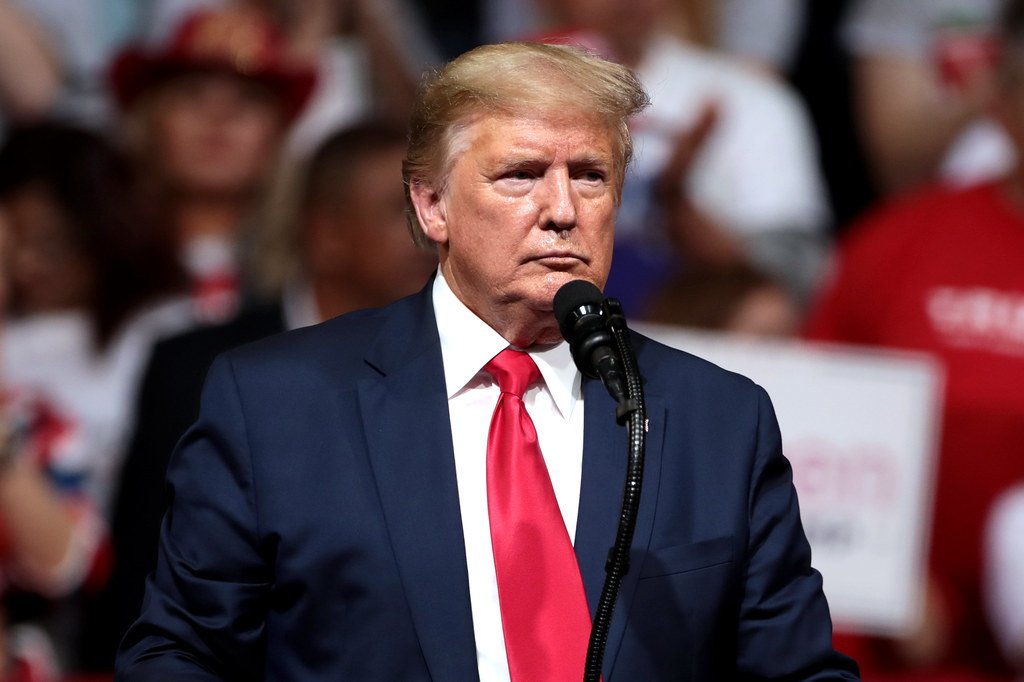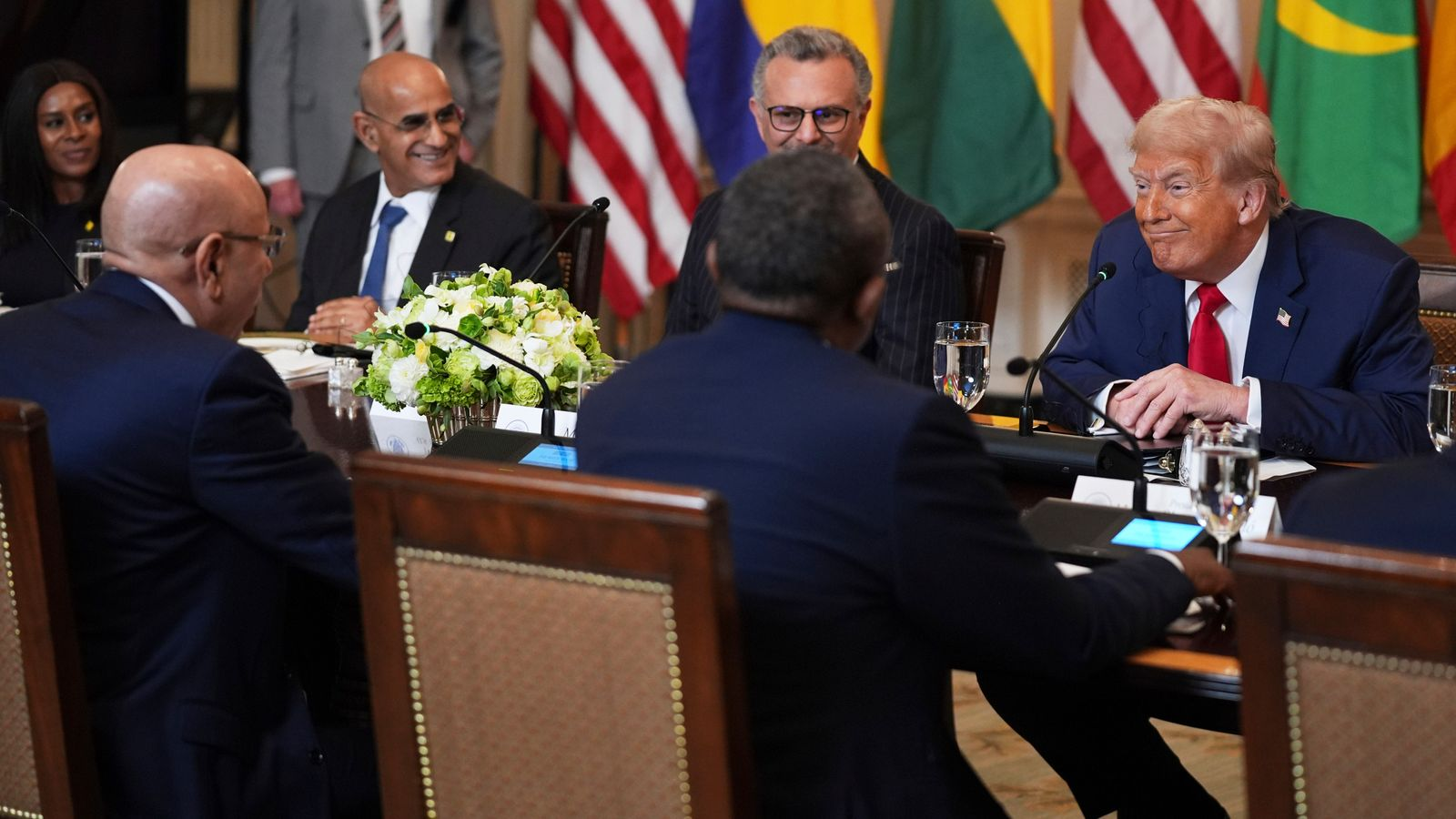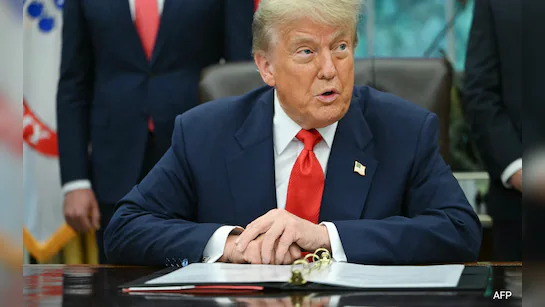BlogHear.com – June 24, 2025 — U.S. President Donald Trump confirmed on Tuesday that Israel has agreed to stand down and not launch any attacks on Iran, easing immediate concerns over the fragility of the ceasefire deal brokered earlier this week.
“ISRAEL is not going to attack Iran,” Trump posted on Truth Social from aboard Air Force One. “All planes will turn around and head home, while doing a friendly ‘Plane Wave’ to Iran. Nobody will be hurt, the Ceasefire is in effect! Thank you for your attention to this matter!”
The statement came after a tense morning that included sharp public remarks directed at both Israel and Iran, signaling growing concerns that the ceasefire might unravel. Trump’s comments appeared to be a direct attempt to calm global markets and geopolitical nerves, as reports of potential Israeli military mobilization circulated earlier in the day.
Ceasefire Holds — For Now
The ceasefire, which Trump announced on Monday following nearly two weeks of escalating conflict between Israel and Iran, marked a dramatic shift after the U.S. and Israel jointly struck several of Iran’s nuclear facilities. Trump has since described the strikes as a “complete and total” military success, claiming Iran’s uranium enrichment capabilities were “obliterated.”
However, regional observers noted that retaliatory rhetoric and intermittent threats from both Tehran and Jerusalem have kept the situation unstable.
On Tuesday morning, reports emerged that Israeli warplanes had been prepared for additional missions in response to alleged ceasefire violations. Trump’s announcement, however, confirmed that Israeli aircraft would now be returning to base.
Diplomacy in Motion
The president’s announcement came while en route to the NATO leaders’ summit in the Netherlands. Accompanying him aboard Air Force One were Secretary of State Marco Rubio and Secretary of Defense Pete Hegseth — both of whom have played key roles in recent high-level diplomatic efforts.
Rubio, who also serves as Trump’s national security adviser, has been deeply involved in the backchannel negotiations with Iran, helping to mediate the ceasefire through both direct and indirect diplomatic efforts.
Sources close to the administration said that Rubio coordinated with European and Middle Eastern allies to apply pressure on both Iran and Israel, urging both sides to “seize the opportunity” to de-escalate.
Global Reaction
The reaffirmation of the ceasefire quickly rippled across international markets and diplomatic circles. Oil prices, which had surged earlier this month amid fears of war, dipped following Trump’s statement. The U.N. and NATO allies welcomed the latest developments, though many expressed caution, noting that previous ceasefires in the region have failed to hold.
In a brief statement, the European Union called the development “a welcome sign of restraint,” while urging all parties to “pursue sustained diplomatic engagement.”
Looking Ahead
Despite this moment of calm, analysts warn that the underlying tensions between Iran, Israel, and the U.S. remain unresolved. While Iran has denied launching any new missiles at Israel following the truce, Israeli officials have maintained their right to respond to “any future provocations.”
The situation remains fluid, and regional stability will likely depend on how effectively the ceasefire can be maintained over the coming days and weeks.
For continuous updates on this story and more, visit BlogHear.com — your source for real-time geopolitical news.




